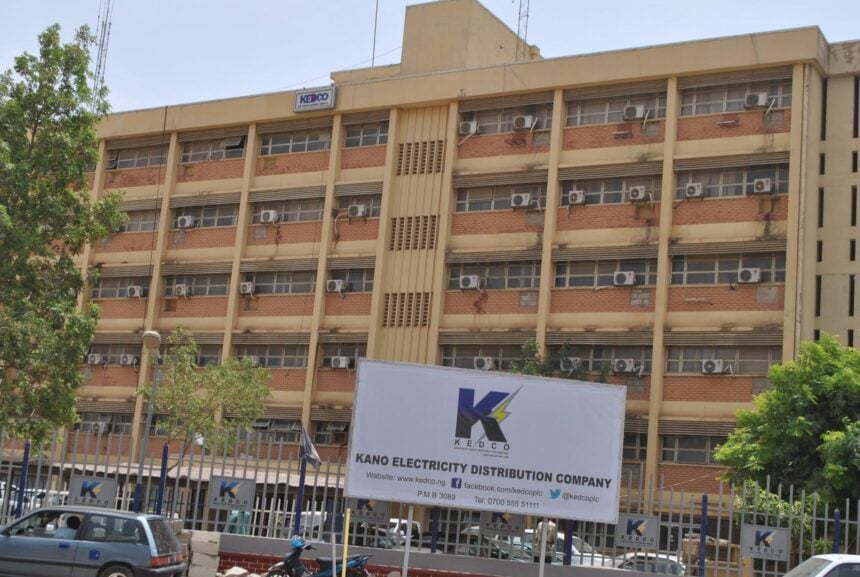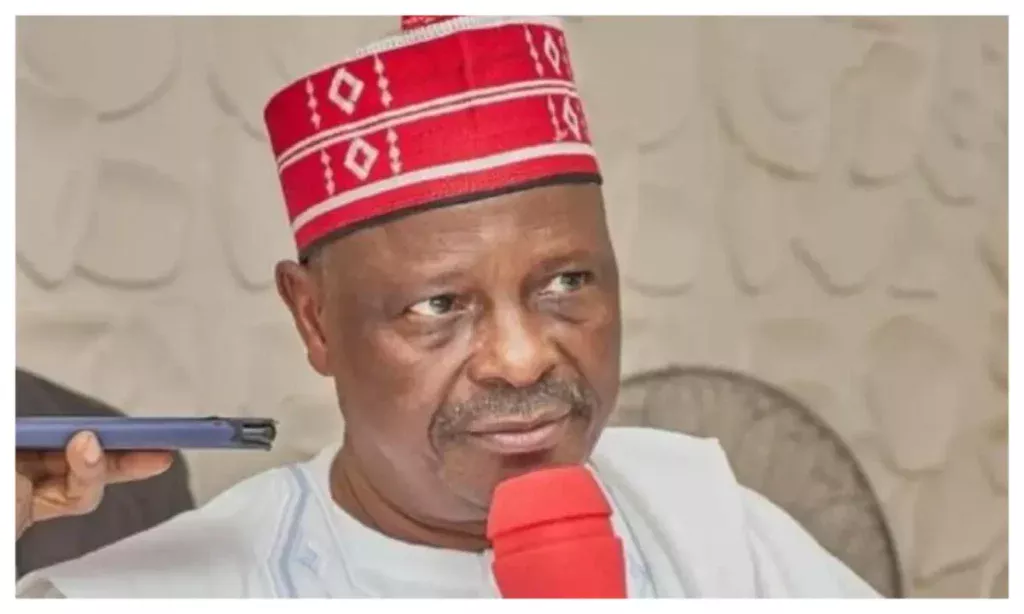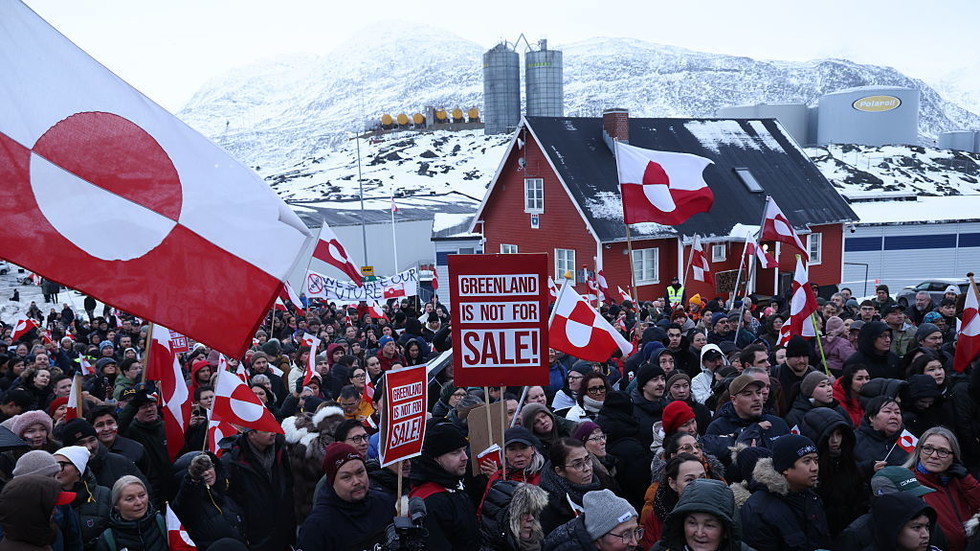Burkina Faso has introduced a new law that criminalizes homosexuality, marking a significant shift in the country’s stance on same-sex relations. The transitional legislative assembly unanimously passed the law, which imposes prison sentences of two to five years and fines for individuals convicted of same-sex relations. Foreign nationals found guilty will be expelled from the country.
This move is part of a broader reform of the “Code of Persons and Families,” aimed at reshaping family and nationality rules. The new code also tightens rules for acquiring Burkinabè nationality through marriage and grants legal recognition to religious and customary unions. The legislation is expected to be signed into law by junta leader Captain Ibrahim Traoré, who has pursued a sovereigntist line and rejected Western “values.”
Until now, Burkina Faso had no specific laws targeting homosexuals, although the LGBT+ community has long been forced to live discreetly. The new law builds on a hardening stance, following a ban on television stations broadcasting content deemed to promote homosexuality in August 2023. Neighboring Mali, also ruled by a military junta, adopted a similar law in November 2024.
Burkina Faso joins over 30 African nations where same-sex relations are outlawed. In some countries, such as Tanzania, Zambia, Sierra Leone, and The Gambia, prison terms can extend to life sentences. Nigeria, Kenya, and Malawi impose prison terms of up to 14 years, while Uganda’s recent Anti-Homosexuality Act has drawn international condemnation for its harsh penalties.
The international advocacy group Ilga World has expressed concern that such crackdowns risk entrenching discrimination and undermining basic human rights. Despite progress towards decriminalization in many regions, campaigners warn of a “troubling regression” across parts of Africa. Around a third of countries worldwide continue to prohibit same-sex relations, with some laws carrying the death penalty.
The new law in Burkina Faso is expected to be rolled out through a public awareness campaign, authorities say. The move has significant implications for the LGBT+ community in the country and highlights a growing trend of tightening laws against same-sex relations in Africa. As the international community continues to advocate for human rights and decriminalization, the situation in Burkina Faso and other African nations remains a pressing concern.



